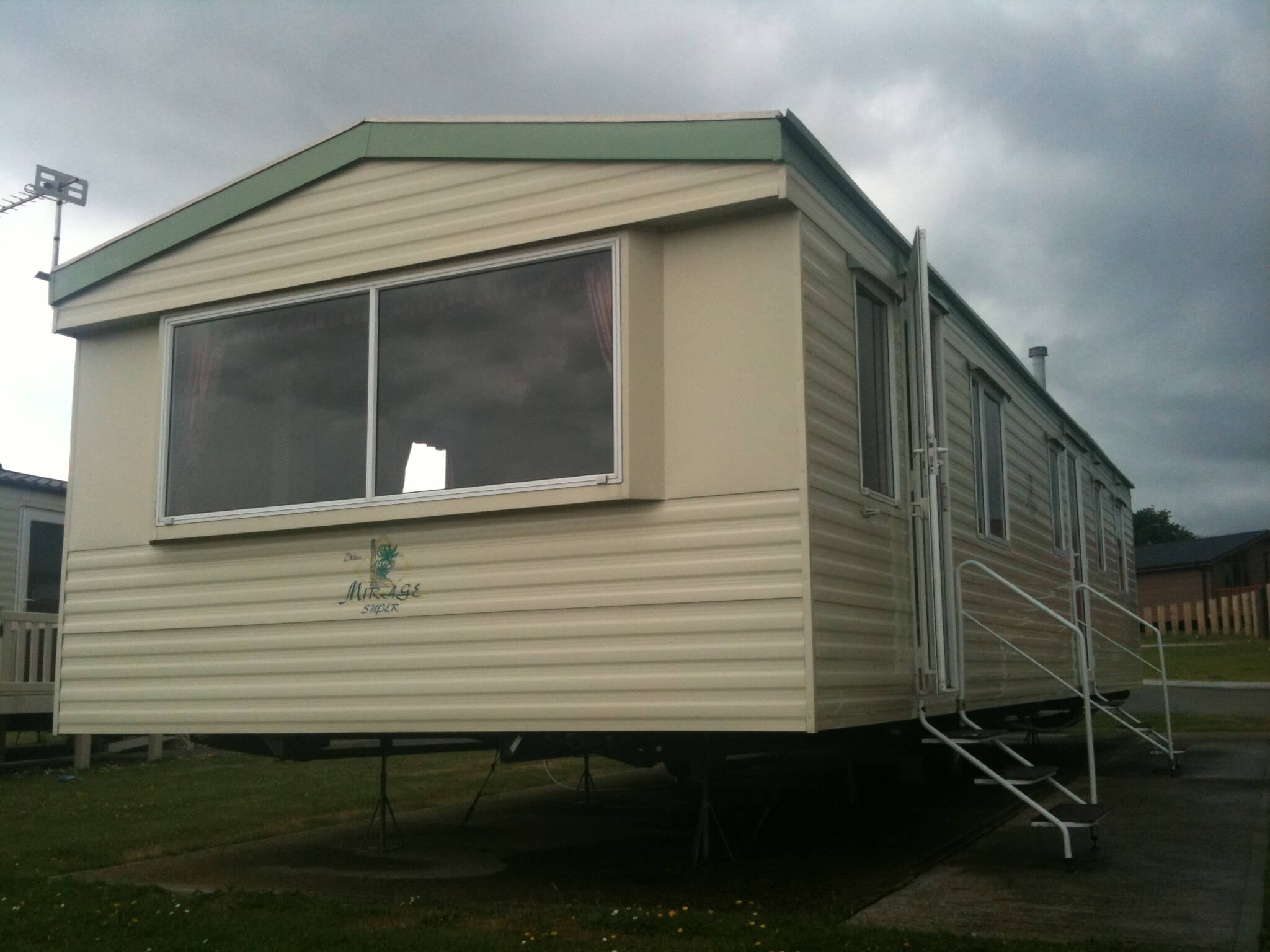Owners Blog November
Intro
Our caravan does not have central heating or double glazing, but was still usable in November thanks to a powerful gas fire and an electric heater in each bedroom.
While the caravan remained at a pleasant temperature throughout the year, the shower room did get a bit parky on cold winter mornings.
Visits
Autumn is perfect for long, bracing walks on fresh crisp days. One of our favourites was from Freshwater up to the Tennyson Monument, then along to the tip of the island to be rewarded with a view of the lighthouse at Needles.
Ownership
Although Thorness Bay Holiday Park has been granted a 12month license, we decided not to use our caravan between December and February.
If you are considering extended use of your caravan throughout the winter months – for Christmas and New Year’s getaways, for example – then we think central heating and double glazing are an absolute must.
We decided that we might like to use our caravan for such purposes in the future, so we decided to think about doing our caravan up for winter usage. This is definitely something we would like to do in the future to allow us to get more use out of the unit.
Winterisation and Annual Servicing
To protect our caravan during our periods of winter inactivity, we had the park complete a full winterisation service on the unit. This includes a full “drain down” of the water system to avoid damage from frozen pipes.
Not only is this strongly advised, many insurance policies include this as a stipulation. The process cost us £49.95 and was well worth it.
We also asked the park to arrange an annual boiler service and health check. This was completed by a Gas Safe engineer and was fully compliant with current legislation. For the service and the Holiday Home Gas Certification, which we display proudly in the boiler cupboard – Thorness Bay charged us a very reasonable £69.
Many owners recommend operating a “take it home” policy. This doesn’t mean shipping your caravan home and setting it up in your garden, instead it means removing any ‘at risk’ items from your caravan and storing them in the safer environment of your own home.
Anything which is at risk of damage from damp, or at risk of theft thanks to its value, should be taken home. This includes;
- Soft furnishings
- Bedding
- Towels
- Curtains
- Mattresses
- Kitchen equipment
- Electrical items such as DVD players and TVs
Preventing Condensation / Damp
It’s good practice to leave out bowls of salt or – better yet – dehumidifier crystals in strategic places around the caravan.
Some owners prefer to leave dehumidifier units in their caravans during the winter; however, while this is effective at combatting damp, you will need to check with the park operator that this is in keeping with their regulations.
Cleaning
Cleaning your static caravan thoroughly before winterisation is vital. Bathrooms and kitchens need to be cleaned with mild detergent and left to dry.
Ensure that there is no perishable food left anywhere in the caravans. Conduct thorough checks to ensure that no food is left under lounge seats, for example.
This will help to prevent the onset of mould and foul odours, as well as discouraging rodents and pests from entering the unit. If a serious infestation does occur, seek professional help immediately before any severe damage is caused to the caravan.
Many owners who sublet their vans now wet and dry clean their carpets and soft furnishings on a regular basis. Shop around and you should be able to find such services for as little as £100.
Gas / Electrical
Remember to isolate and disconnect all gas and electrical systems for the winter season.
Security
Before you vacate your van for the winter, ensure that all entrance points are locked and secure, just as you would whenever you leave the caravan.
Ask your park contact for details of the park’s own security measures during the close season. Most parks will have personnel on hand to keep an eye on the site and its caravans while owners are away.
Finally, make sure that the park have your correct contact information, so they can get hold of you quickly and easily in the event of an emergency. In eventualities like heavy winter storms, it’s important for the park to be able to contact you at a moment notice.
Most owners will periodically check their caravan over the winter, just to make sure that it is safe, secure and undamaged.
